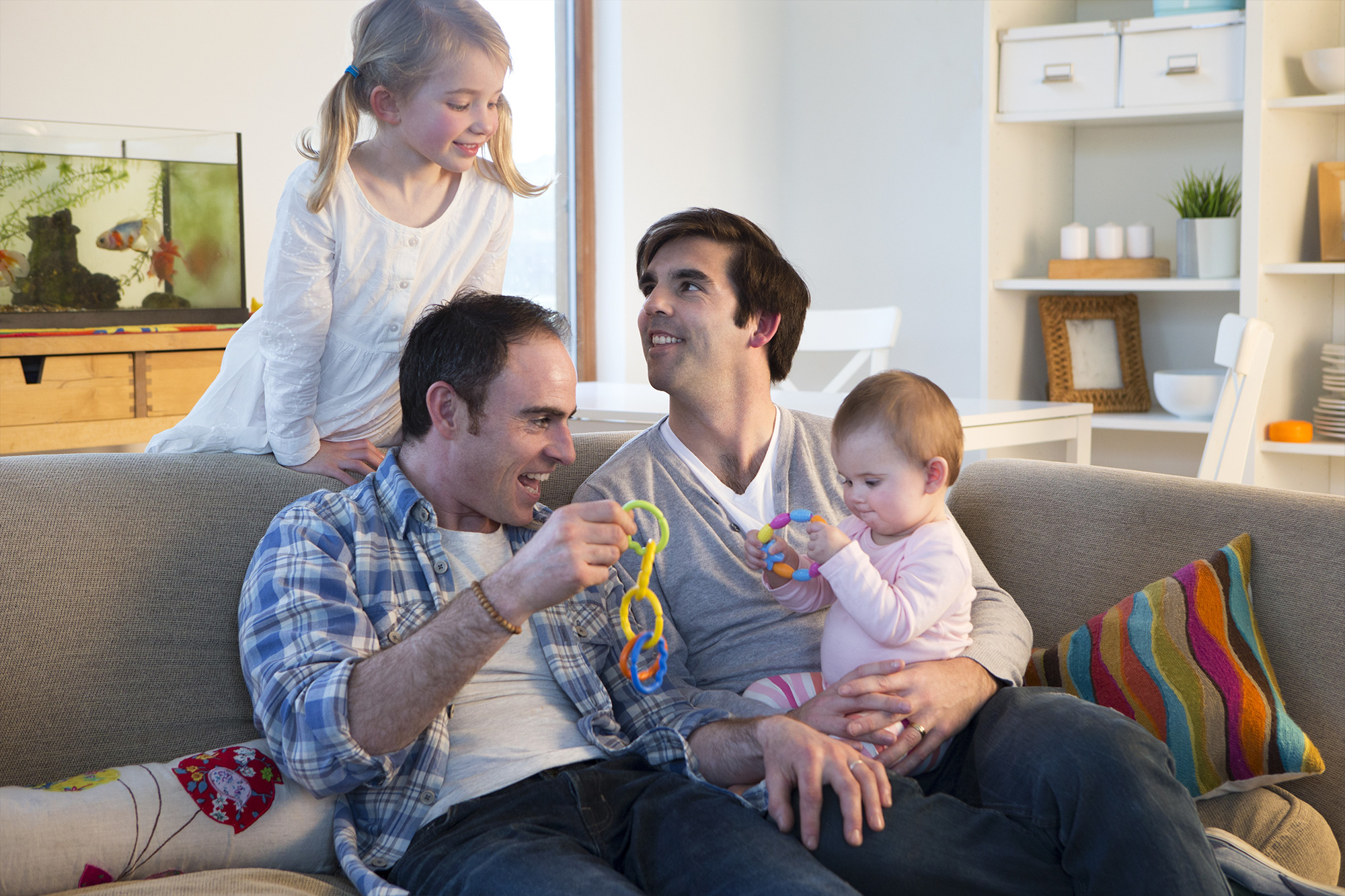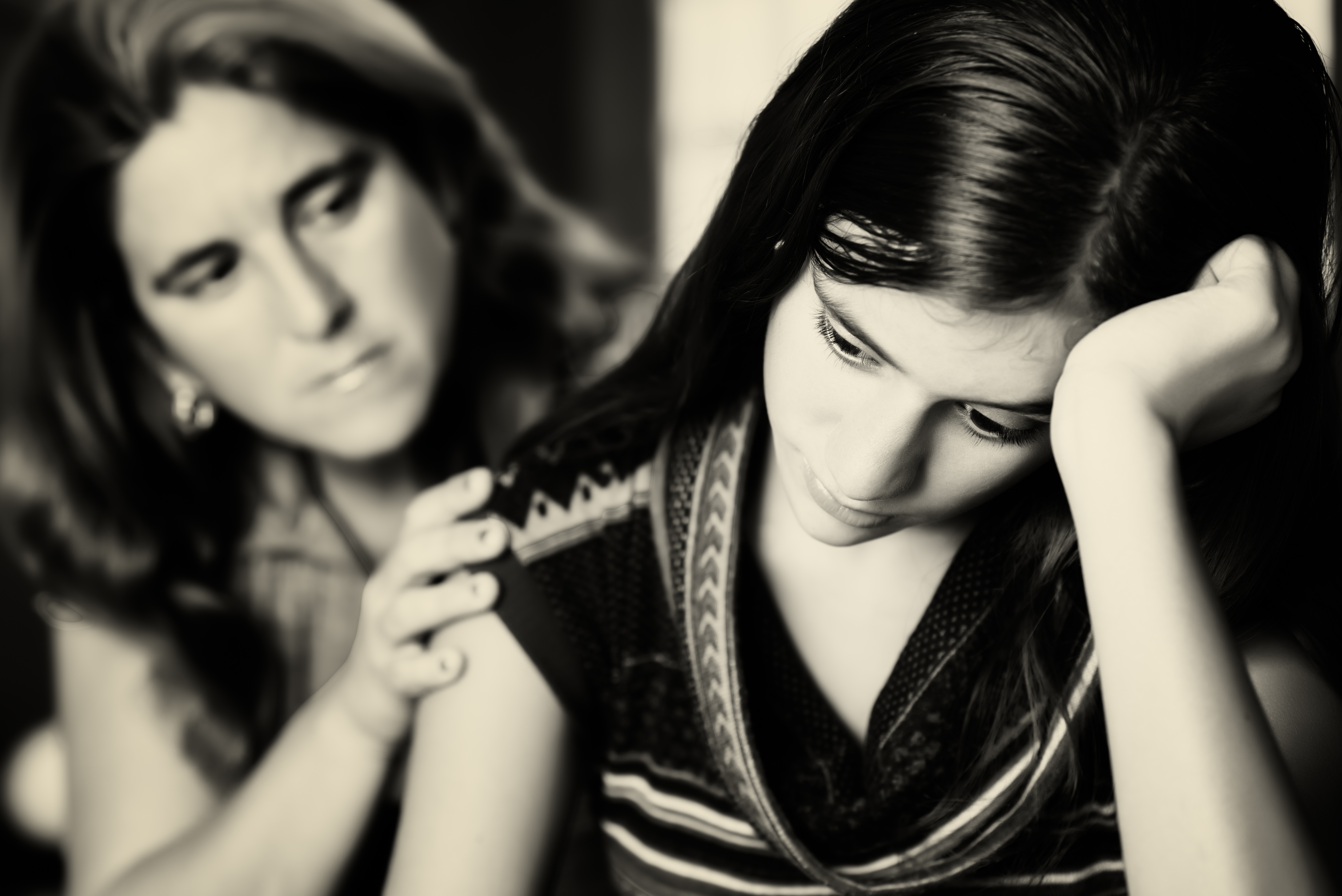The traditional family structure of a man and a woman raising children is no longer the only possibility. For example, there are same-sex and interracial couples, families where one parent has undergone a gender operation, and grandparents or other relatives shouldering the parenting responsibilities. But as families become more unique, some custody evaluators struggle to understand how to determine what is best for the children.
Most custody evaluators grew up in traditional households and studied at traditional graduate programs. When faced with a question such as what to do with a couple who conceived via in vitro fertilization and is now battling the biological mother, these traditional custody evaluators can be placed in a quandary. They aren’t prepared to handle a decision about which mom will better care for the child. They aren’t sure how to best recommend a parenting structure so the child can continue to experience both cultures or religions. In other words, they don’t understand how these nontraditional families work.
The evaluator’s role and responsibilities
It’s important for the evaluator to work hard at removing their own moral opinions and judgments. These must be put aside. An evaluator should not make a decision based on what they believe is “morally correct.” Evaluators are not moral judges. That is not our responsibility, nor should we ever assume it to be our responsibility.
Instead, it is important that we focus on the reality: this is the environment the children have always known, so to them it is normal. It is not for us to impose our cultural, religious, or moral judgments upon the people we evaluate. Instead, we have to work hard to understand each family’s unique circumstances. Unfortunately, that’s not always an easy task.
Developing an understanding may require the evaluator reaching out to a fellow mental health professional. They must learn how to leave their own moral opinions out of the equation. Reach out to an expert in the field who has experience working with the nontraditional family structure of the people you are evaluating. This will help you understand their lifestyle and brush up on what can be anticipated in a particular situation regarding parenting, judgments, and other areas.
It takes a tremendous amount of self-awareness for a person to recognize that because they feel a certain way, they have a tendency to judge other people accordingly. Regardless of whether or not this is done consciously or unconsciously, it’s unfair and inappropriate. An evaluator’s personal opinions and beliefs can do more harm than good. We must maintain our focus on the best possible outcome for the children.
How can parents of non-traditional family structures prepare for an evaluation?
As with any custody evaluation, parents must be prepared to provide the evaluator with an explanation of how life was structured in their household prior to separation. However, in a non-traditional family structure, address the fact that your family may not appear “normal” to the evaluator and then highlight what your family has done in the past. Make sure to explain what has worked well for your family, and what has not. The conversation may require extensive details, and you may need to educate the evaluator about typical experiences/expectations of your lifestyle. It is the evaluator’s job to consider all relevant information when making decisions about what is best for the children.
In conclusion
Evaluators and parents should understand that there is a lack of good research for many of these new and novel family structures. Because the majority of the information is anecdotal, evaluators must tread carefully, and parents may need to help educate the evaluator. In the end, an evaluator should focus on what structure has existed to date, how did that impact the child, and what will cause the least change, harm, and disruption moving forward.






